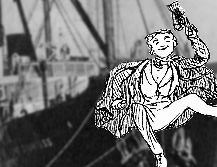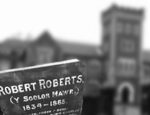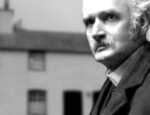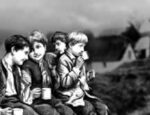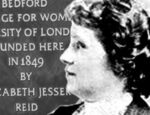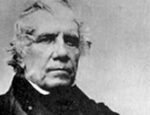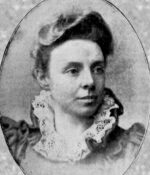Description
 Read the eulogy of the egalitarian Scottish educational system in Scotland by Alexander Shewan, son of a Peterhead whaler, who graduated from Aberdeen University with a First Class in Classics in the 1860s. After the Indian Civil Service he retired in 1897 to St Andrews, conducted research into Homer and compiled Meminisse juvat [it brings pleasure to remember]: being the autobiography of a class at King’s college in the sixties with other reminiscences of that period and some account of the college staff and of the farings of the class fellows in later years in ampler fields, and a curious appendix descriptive of the saucy and mischievous humours and turbulence of some misguided learners at the ancient University of Aberdonié (1905).
Read the eulogy of the egalitarian Scottish educational system in Scotland by Alexander Shewan, son of a Peterhead whaler, who graduated from Aberdeen University with a First Class in Classics in the 1860s. After the Indian Civil Service he retired in 1897 to St Andrews, conducted research into Homer and compiled Meminisse juvat [it brings pleasure to remember]: being the autobiography of a class at King’s college in the sixties with other reminiscences of that period and some account of the college staff and of the farings of the class fellows in later years in ampler fields, and a curious appendix descriptive of the saucy and mischievous humours and turbulence of some misguided learners at the ancient University of Aberdonié (1905).
Shewan went to university in 1866 in a year group of 115 others. Most were able to attend unsiversity because they had won bursaries. According to Shewan, the ‘schoolboys of the North’ saw the annual competition for the bursaries as equivalent to the ancient games at Olympia. He praises the boys’ training in Scottish Parish Schools, ‘where the laird’s son and the ploughman’s, the sons of the carpenter and of the Lord of Session met together’. Shewan investigated the background of 80 of his classmates, and ‘no fewer than 48 received their early education in their native villages. Of most of us it may be said that “our lives in low estate began”. Few were of wealthy houses. Many of us would never have had the benefit, the inestimable benefit, of a University education, and the opportunity of rising to better things, without the abundant help our Bursaries gave us… With them were eked out the hard-spared savings that sent many a lad from manse and mains, from schoolhouse and croft, to careers that had never been dreamt of.’
The excitement of the competition and the distinction success in it bestowed are best conveyed by Shewan’s formulation of the numbers of men in his year from each parish school as an Iliadic catalogue, revelling in the resonance of the old Scottish place-names:
‘From the City of Aberdeen with Old Machar came 20, and from the rest of the county, 52. Buchan was the largest contributor, a bleak tract, on its seaboard, like Ulysses’ home, “rugged, but a good nurse of youth”. The contingent numbered 23. From Peterhead by the Ugie, farthest east of all the land in Scotland, from Methlick and the Ythan Calley, from Fyvie, farther up the stream, among the Braes o’ Gight…’ etc.

